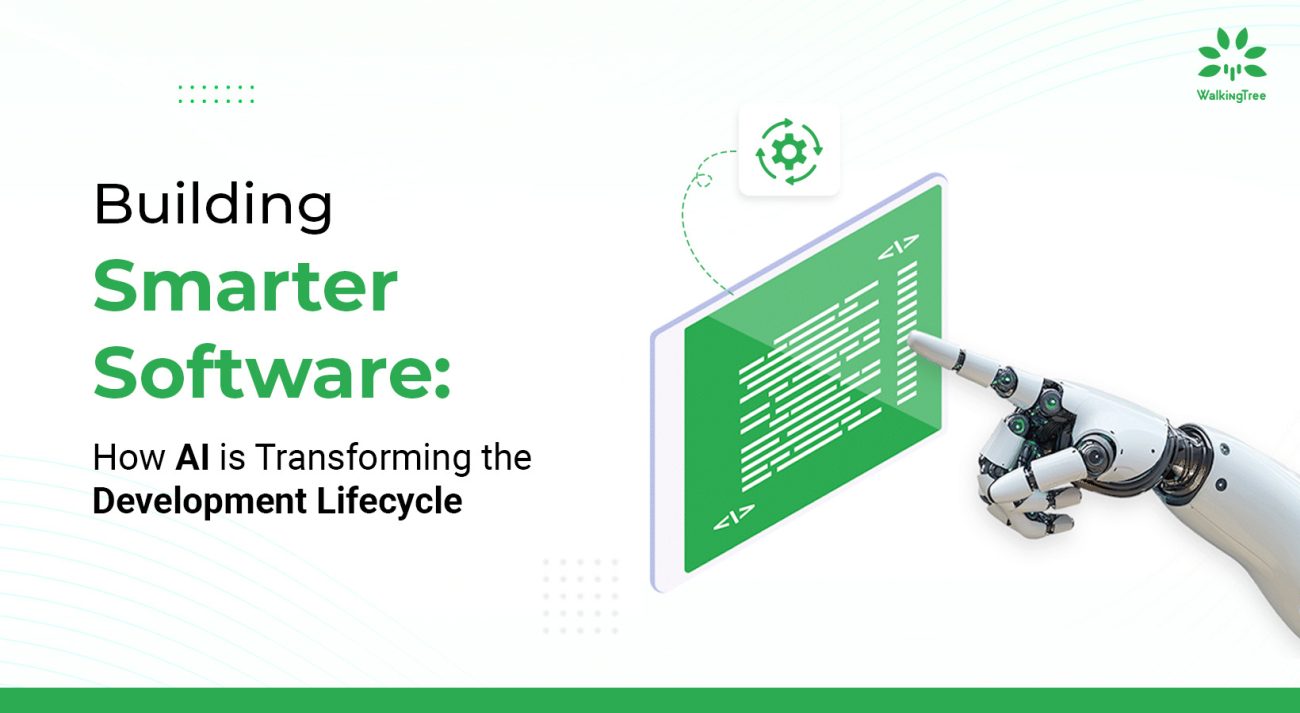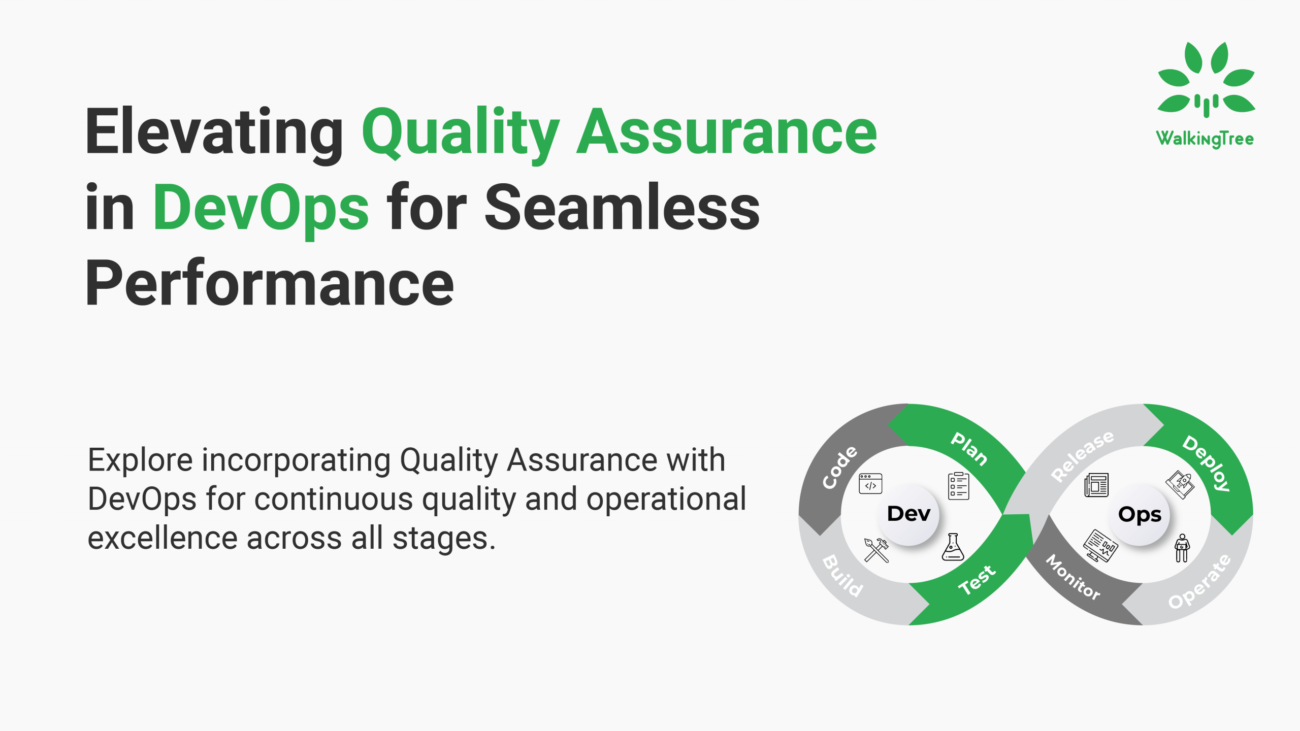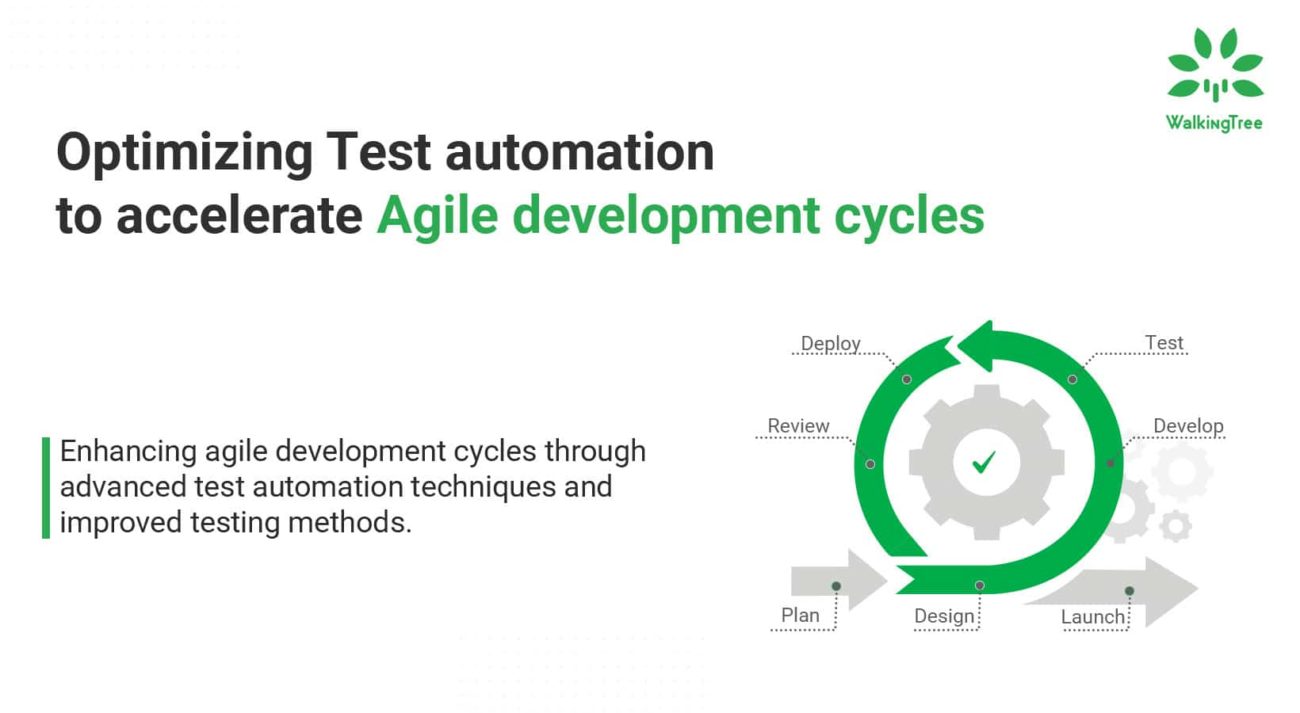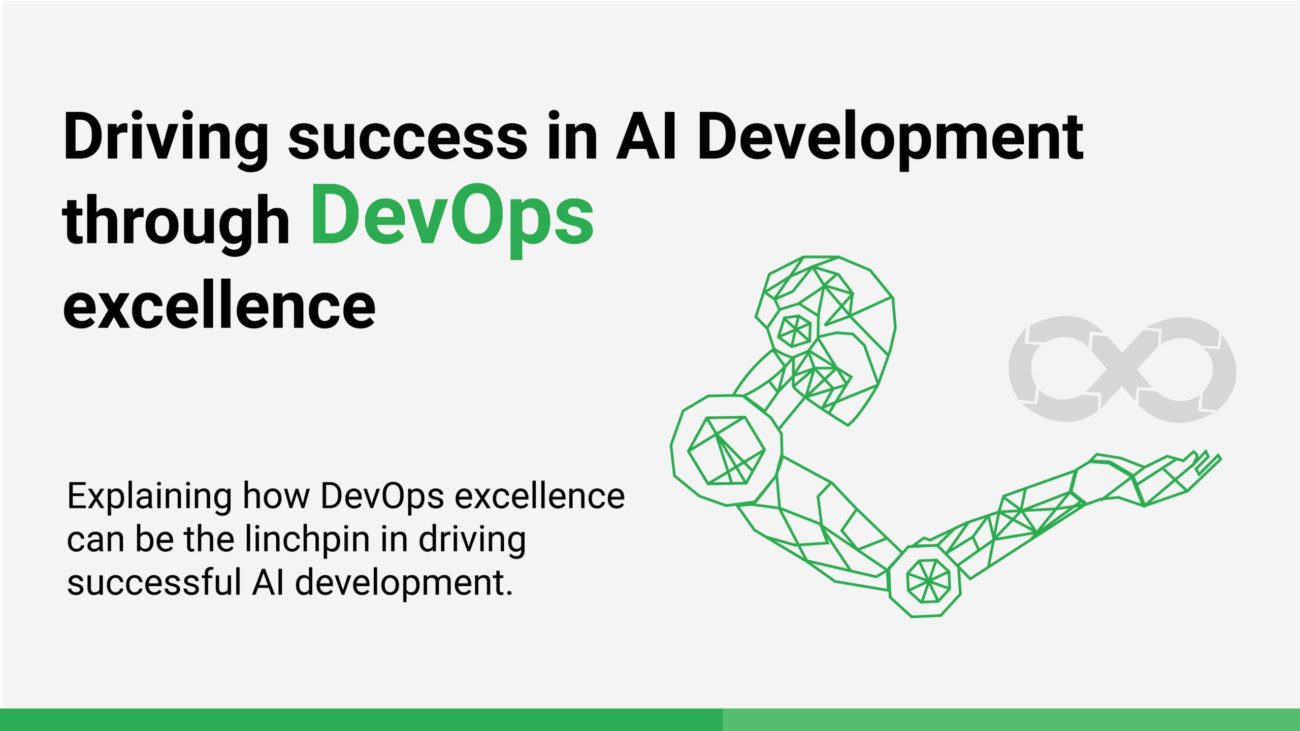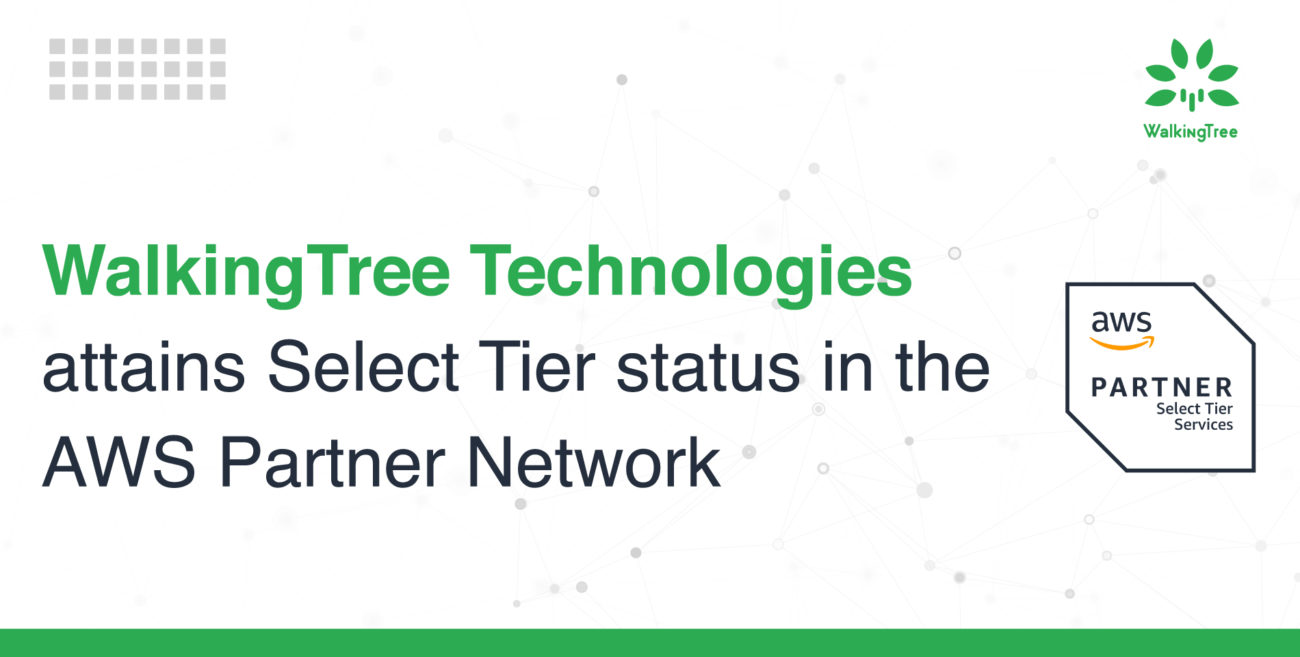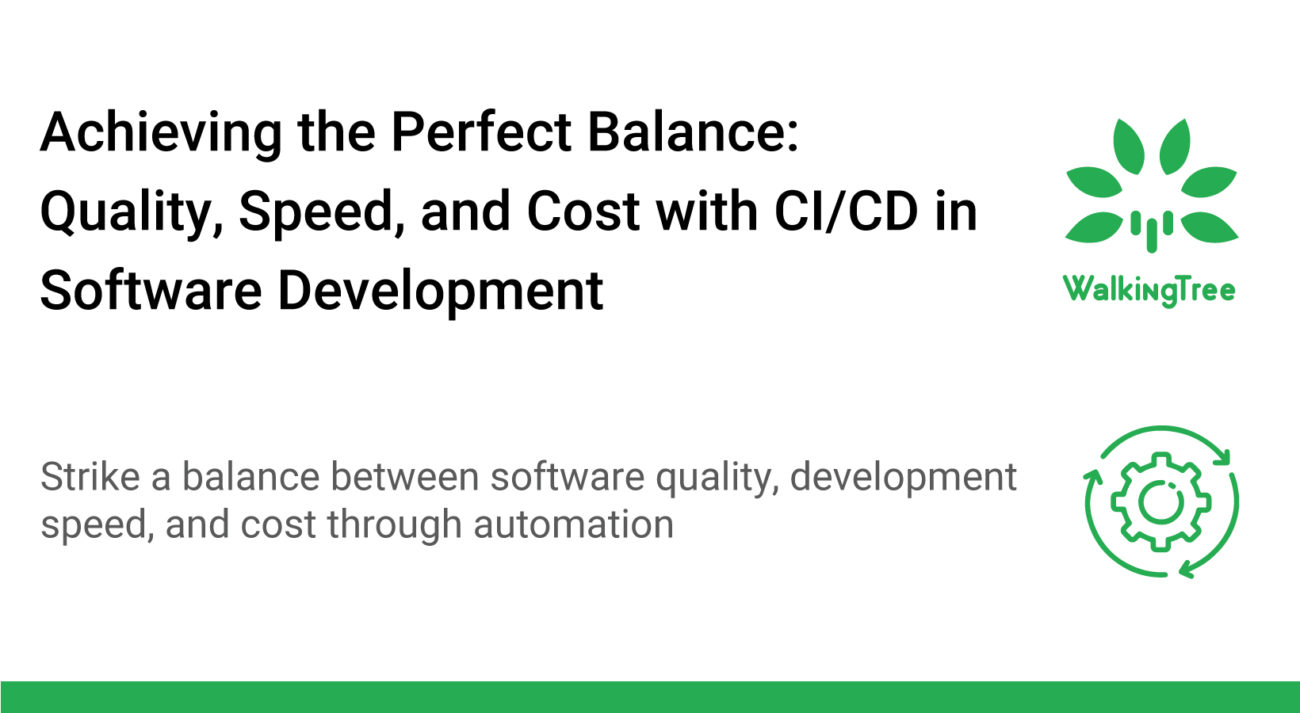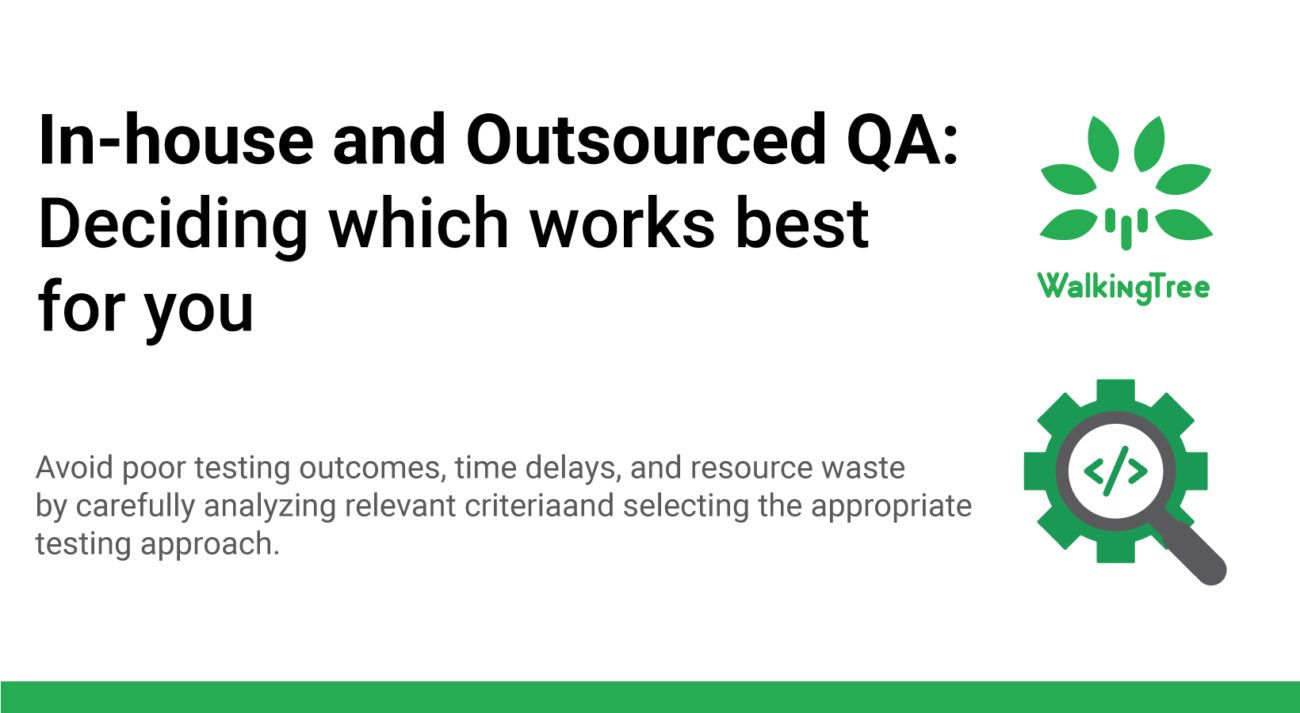
Blogs
Pitfalls to avoid in DevOps implementation
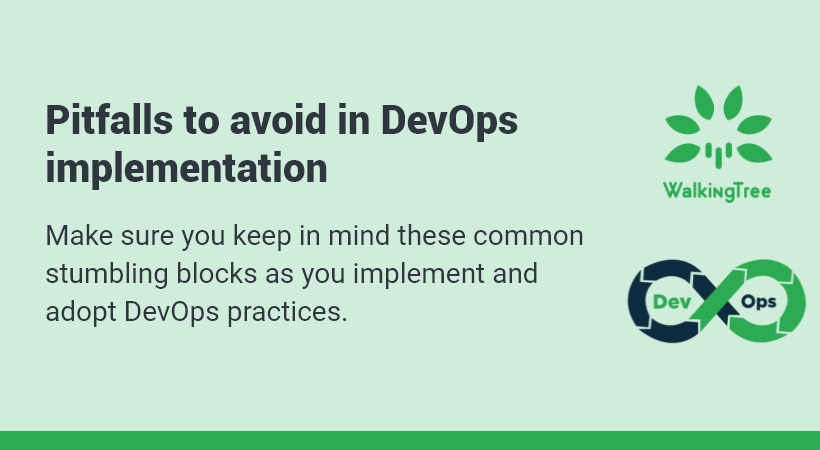

As Gartner has noted, “DevOps is quickly becoming mainstream, but questions remain on how this relatively new approach to culture, automation, and platform design can deliver what it promises.” Many organizations still face roadblocks implementing and scaling a DevOps practice, the firm says.
Through 2022, 75% of DevOps initiatives will fail to meet expectations due to issues related to organizational learning and change, Gartner says.
Here are some common pitfalls to avoid.
1. Misunderstanding the DevOps title
Some organizations are confused by the name DevOps. They believe that the goal of DevOps engineers is to solve all DevOps related problems, even though DevOps means collaboration between developers and operators.
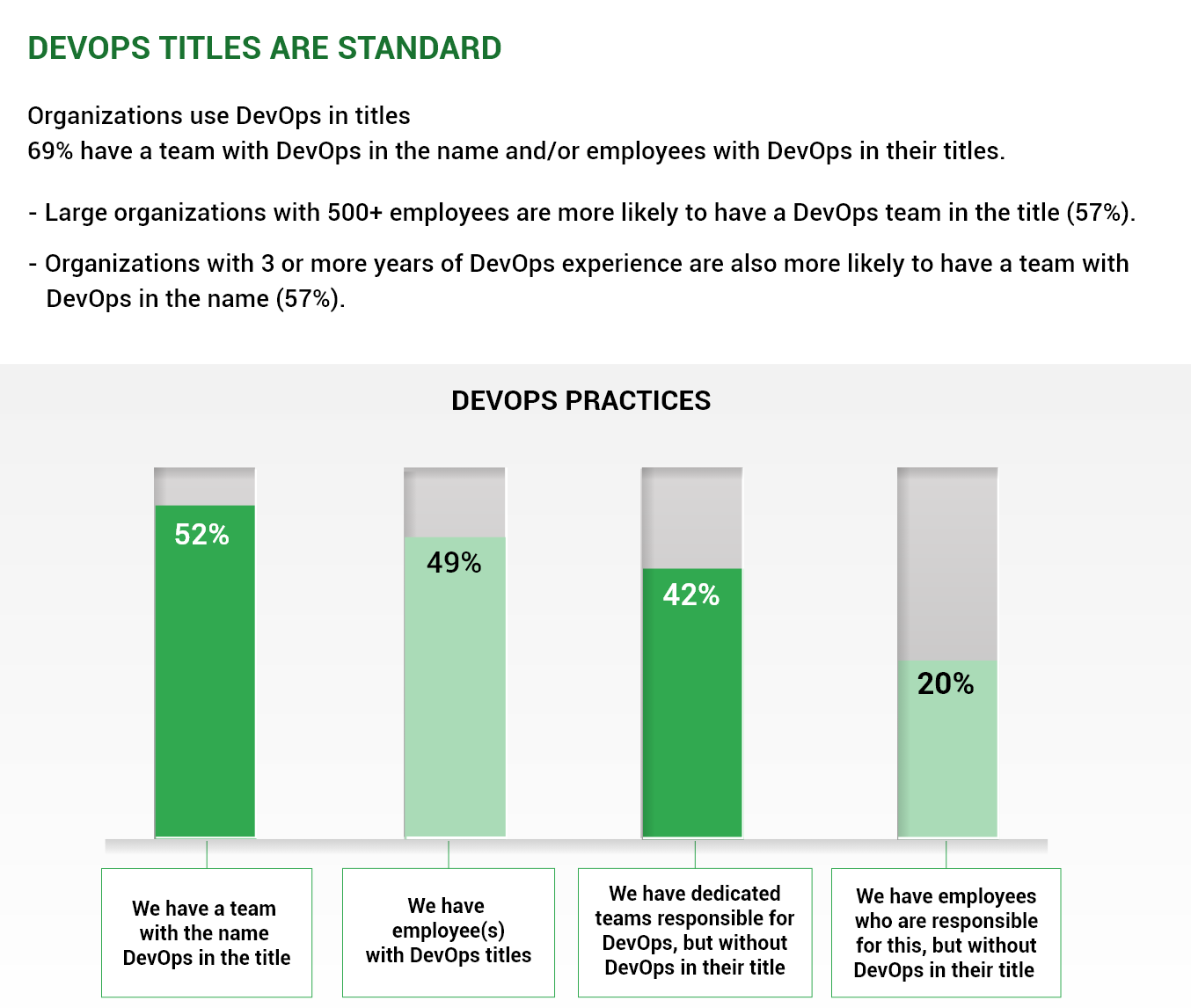
Developers need to understand more about how their applications work in order to keep them running and potentially call support in the event of a failure. Operations departments must become experts in how to scale and understand metrics for larger monitoring and surveillance strategies.
An organization’s core requirements determine whether DevOps skills should be more robust in operations or development, and this information should relate to how DevOps teams are selected or hired. For example, when automation is key (rather than requiring containerization knowledge), it is important to prioritize past software development and scripting skills. Hire experts who fit your unique DevOps experience needs and let people learn other skills along the way. Hiring people who are willing to learn will help you build the best team for your organization.
2. Out-of-order delivery
Sometimes developers will do continuous delivery (CD) and continuous integration (CI) simultaneously to speed up automated response and test cycles. CI/CD as a practice has many advantages when it comes to software delivery speed. The risk is that incorrect code configurations are delivered to production environments without adequate exploration of their impact, compromising the value of automated testing before scaling.
We believe it’s still important to check your code before it goes through the entire software delivery lifecycle. There should be staging steps (pre-deployment and testing tiers) where developers can patch and fix bugs that may arise if they push their code directly to production.

It is very important to set up monitoring before the code is delivered to the end user. For example, if you configure your CD pipeline to test concurrently with development, the changes won’t take effect automatically.
DevOps standards require teams to scale beyond different repositories, but deployments should always be reviewed by people familiar with the code at the end of the pipeline. This requires careful validation before the code is delivered to the customer.
3. Inflexibility & barriers around DevOps procedures
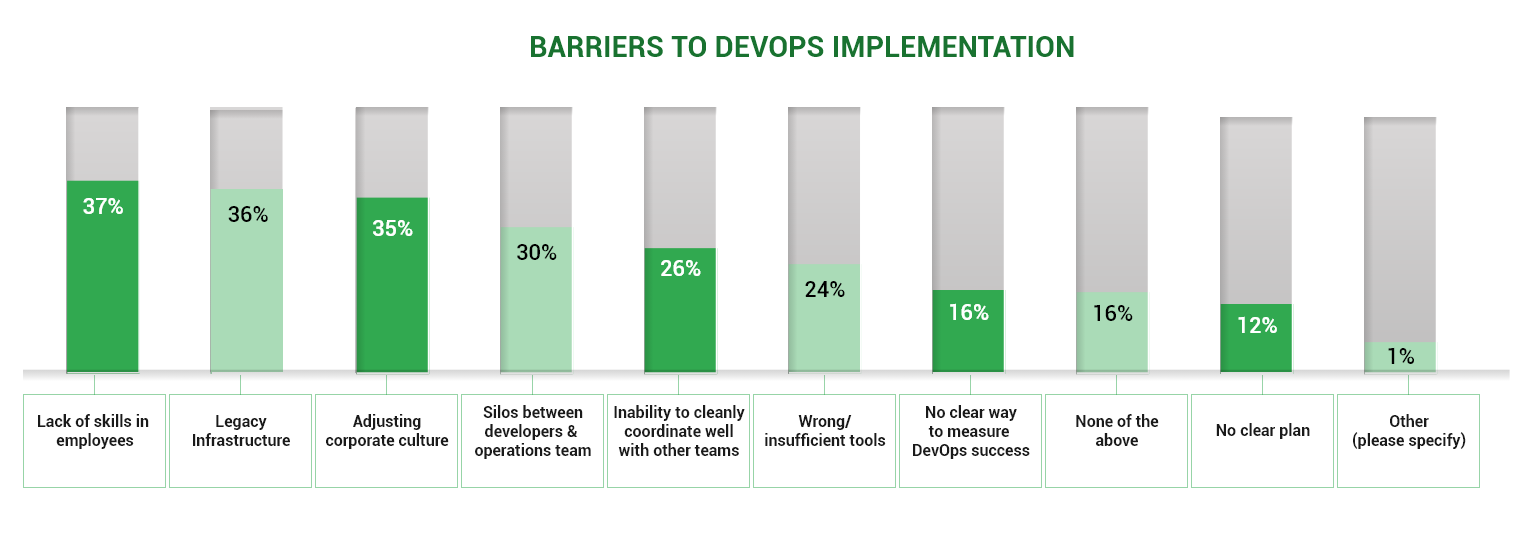
While DevOps principles provide the foundation, any organization should be prepared to align its path to desired outcomes. While implementing the core principles of DevOps, businesses must remain the same while making the necessary internal changes to measure predictable outcomes.
Mastering the fundamentals of DevOps, especially the pillars of CALMS (Culture, Automation, Lean, Measurement, and Sharing), is important to lay the foundation for technological advancement. However, no DevOps implementation is right for every situation. With this awareness, DevOps teams can address the root causes of initiatives and develop plans based on past failures. Teams must be willing to change their plans without exceeding the recommendations of the guiding principles of DevOps.
4. Selecting speed over quality
“Many IT departments struggle to keep pace with system changes especially with mobile, social and cloud solutions,” stated Mary Johnston Turner, research vice president, enterprise system management software at IDC.
Many companies concentrate on product delivery without paying enough attention to product quality. If the effort’s key performance indicators (KPIs) center only on time to production, it is easy for quality to fall off in the process. Endpoints that could monitor performance are left for future versions, and software that is not production-ready is seen as a success because it was pushed rapidly forward.
In a rapidly changing market, teams cannot afford to deliver the highest product quality within the time dictated by customers or internal demand. Many companies are rushing to quickly acquire and complete as many DevOps projects as possible to maintain their position in the competitive marketplace. This may seem like a good idea, but expecting DevOps to be a fast-paced journey can be more painful than it’s worth.
Achieving speed and quality improvements is an important DevOps value. This is not easy to achieve and requires operators and developers to write tests in new and improved ways. Hopefully it will improve both quality and speed at the same time.
5. Building a dedicated DevOps team
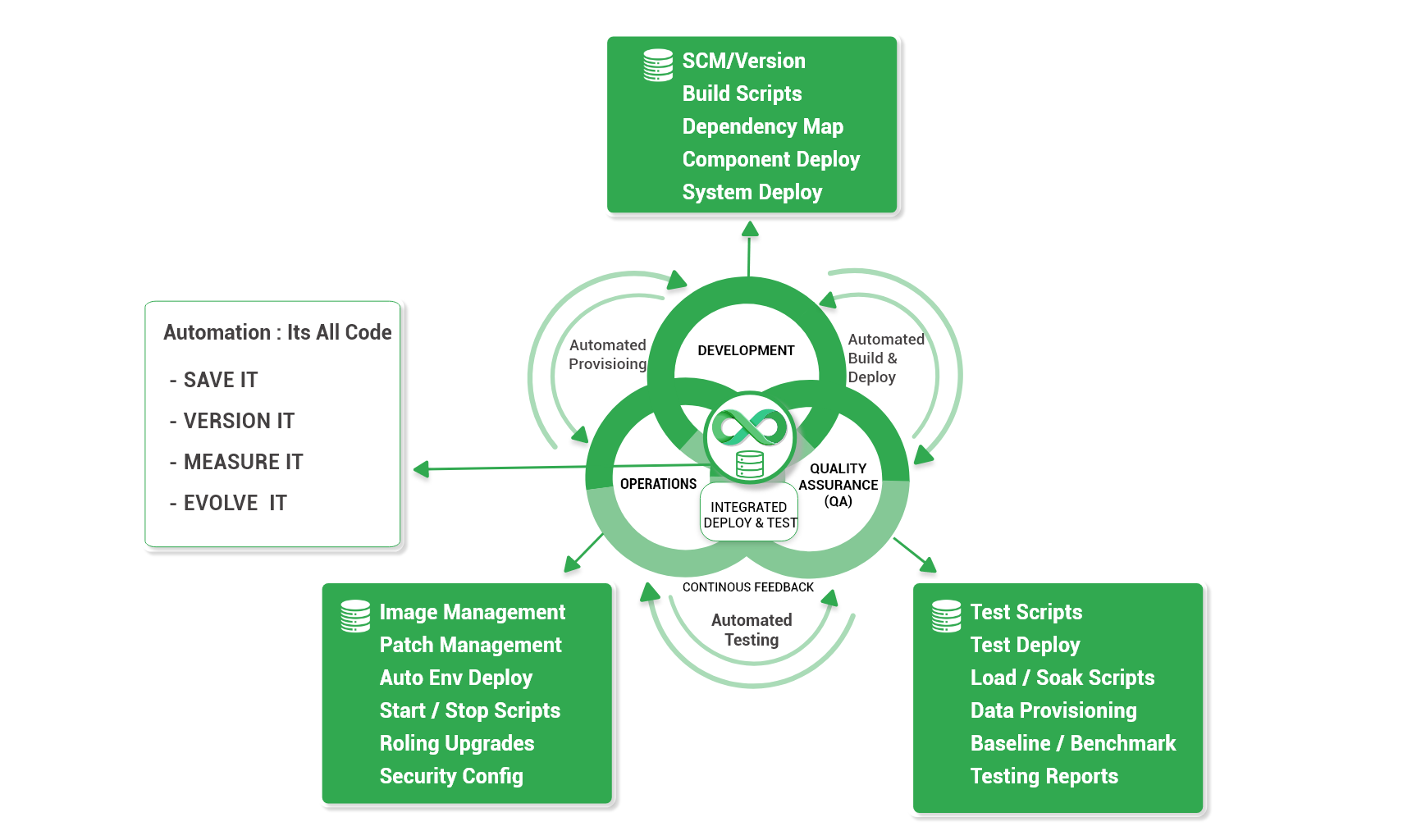
In theory, it makes sense to create a dedicated team to focus on training new IT professionals. Shouldn’t the move towards completion of your DevOps journey be hassle-free and seamless?
Existing quality assurance (QA), operations, and development team members may feel neglected and want to thwart the efforts of the new team. This new team is yet another silo of delivering new skills but not advancing the company’s DevOps goals.
We recommend that you have a mix of new team members and current QA, operations and development staff involved in DevOps initiatives. The latter group has a large amount of institutional knowledge that can be useful in implementing such large-scale initiatives.
6. Overlooking databases
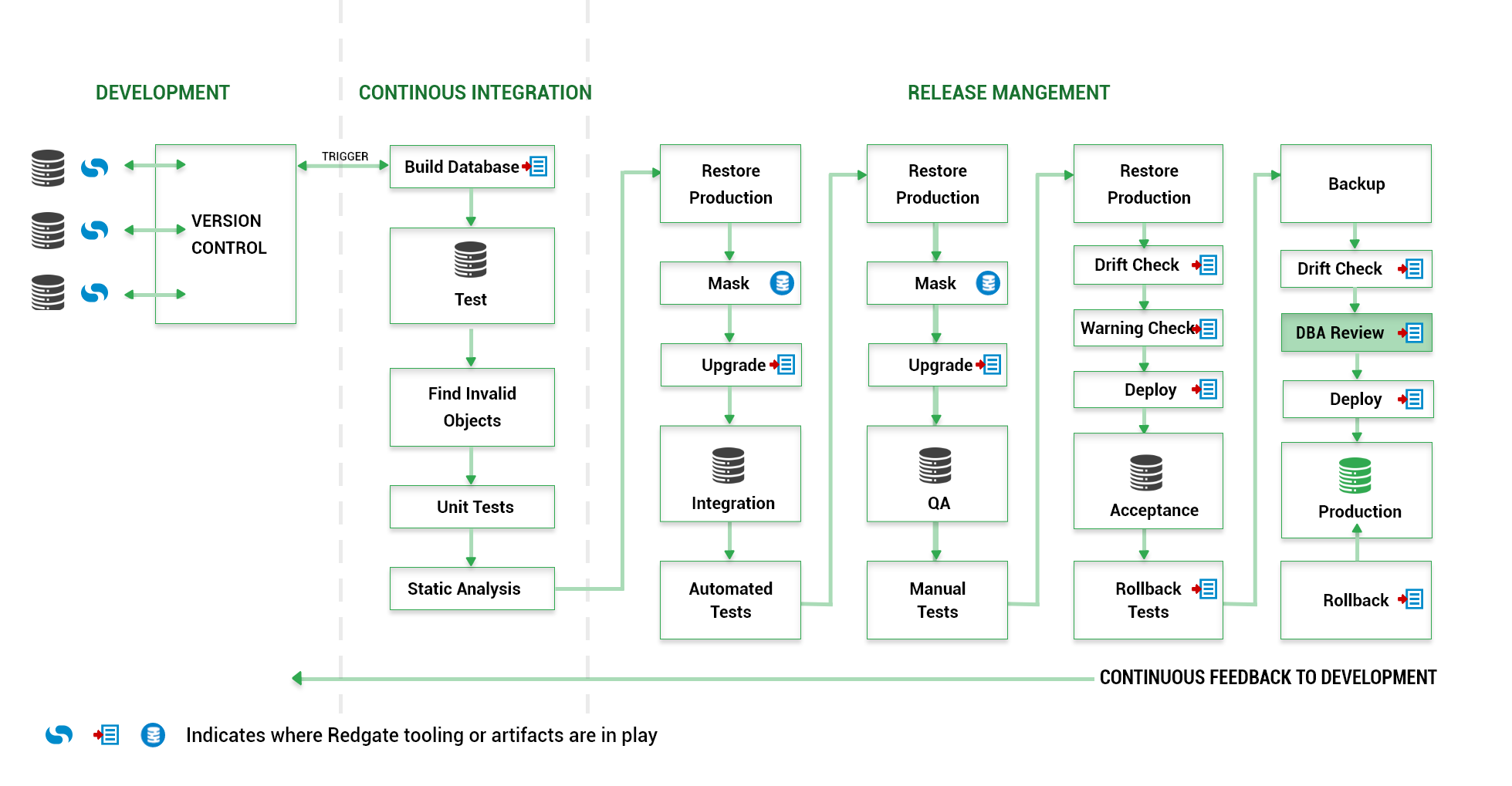
Databases are one of the key technology areas to overlook when building DevOps. The new temporary application can fly through the DevOps pipeline at speeds unmatched by any previous application. However, data-intensive applications are not always just as easy to deploy.
Data snapshots in separate environments can be inaccurate without the collaborative effort to automate them effectively. Experts emphasize continuous integration and code processing, but database automation fails. Database management needs to be done properly, especially for data-centric apps. Databases play an important role in such apps and may require personalized expertise to automate the database with other applications.
7. Insufficient incident-handling procedures
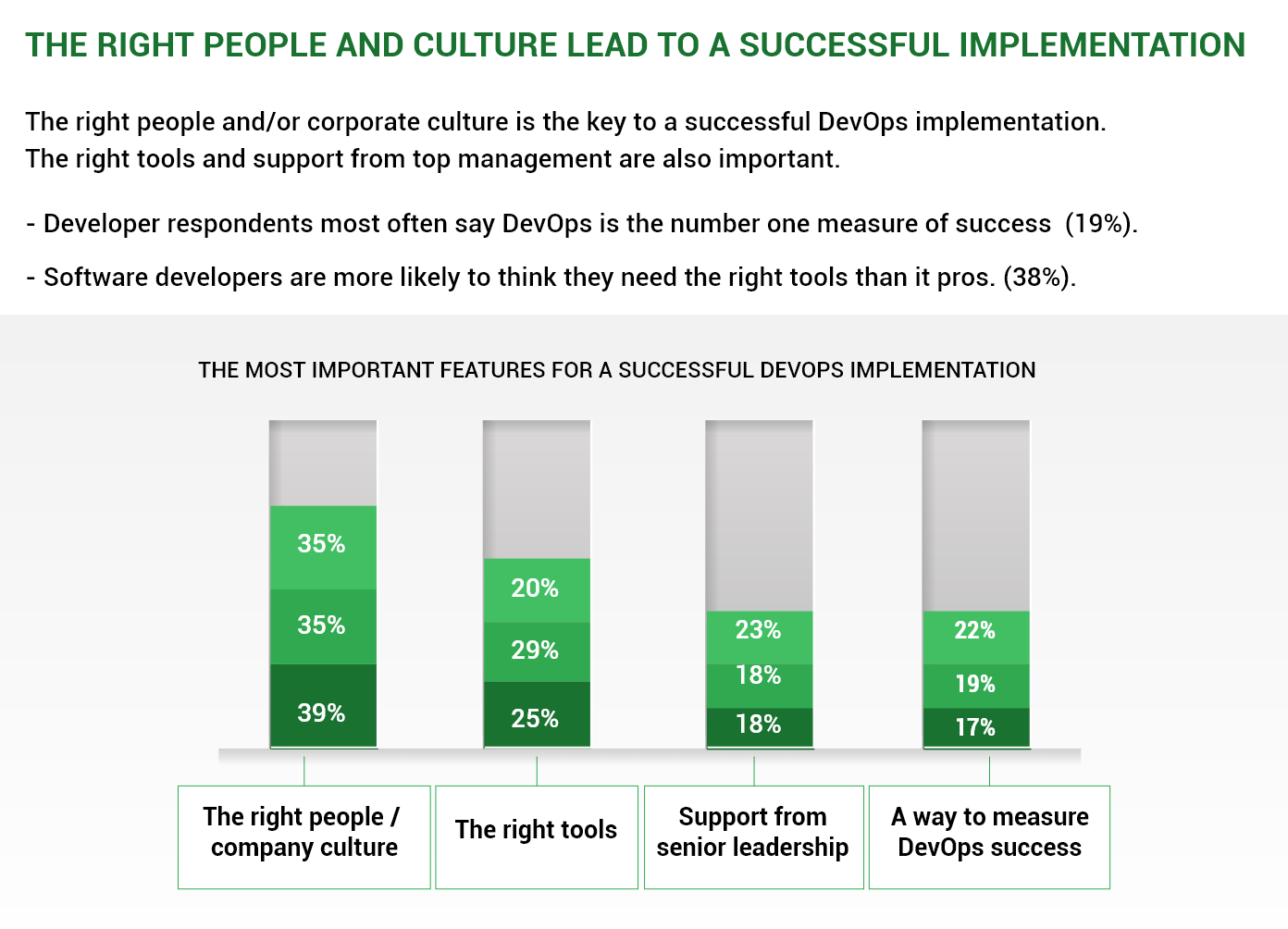
When issues arise (and if they do), the DevOps team should have an incident handling process in place. Incident handling should be a clearly articulated, ongoing and proactive process to ensure consistency and error-freedom. In other words, documenting the incident handling process requires capturing and describing incident response requirements. There is a lot of research into module documentation and complete breakdowns that need to be studied to be successful.
8. Insufficient knowledge of DevOps
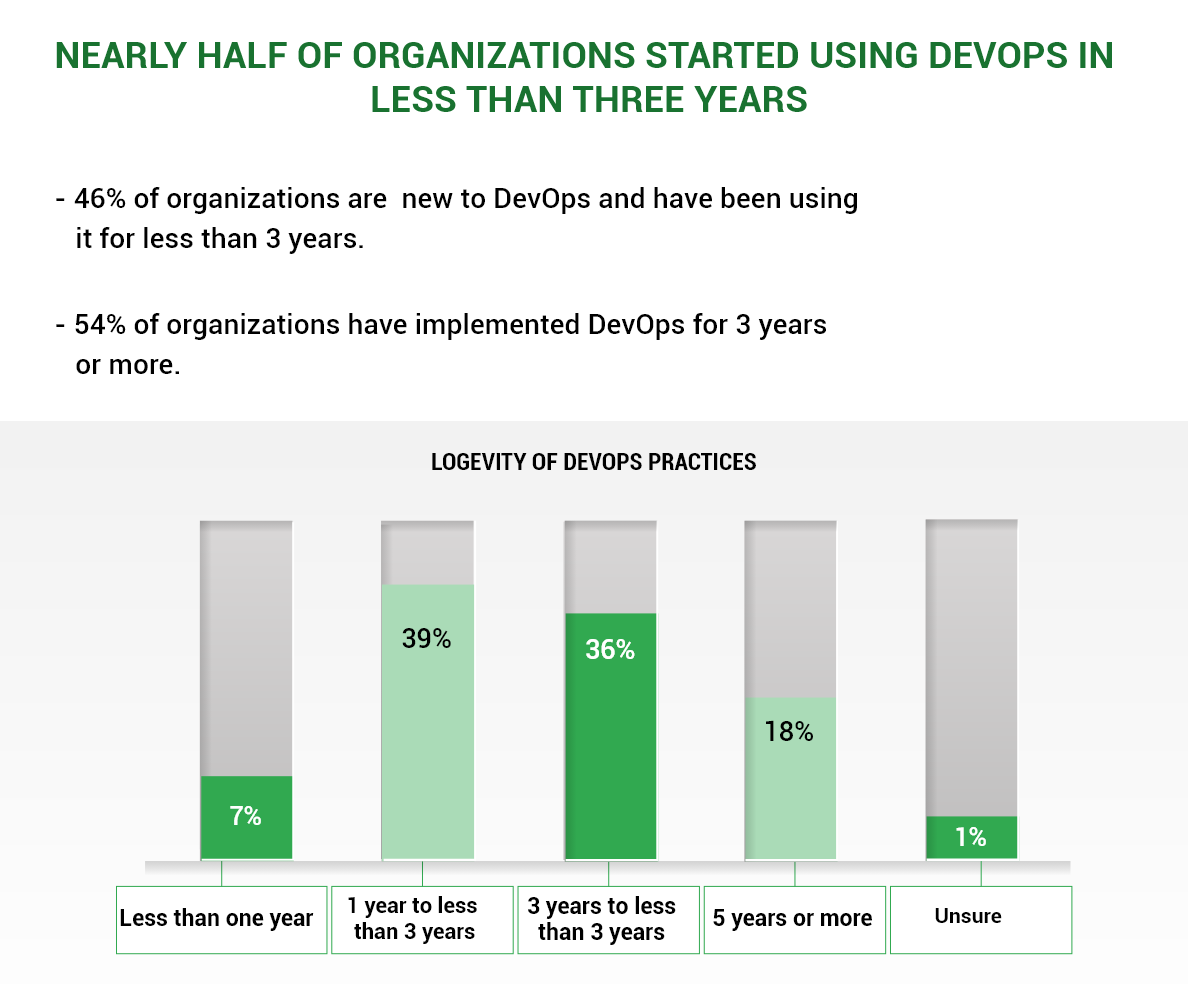
Although adoption of DevOps has increased rapidly in recent years, application professionals can work without clear quality control procedures. A team’s ability to make all the technological, cultural, and processes necessary to be successful in DevOps is sometimes insufficient.
Adopting DevOps practices is a smart move, but success requires significant experience and preparation. In some cases, getting the experience you need to meet your requirements means hiring external experts. These trained professionals should be certified in the necessary skills, and businesses should refrain from making quick DevOps decisions without a full evaluation of the results.
9. Neglecting security
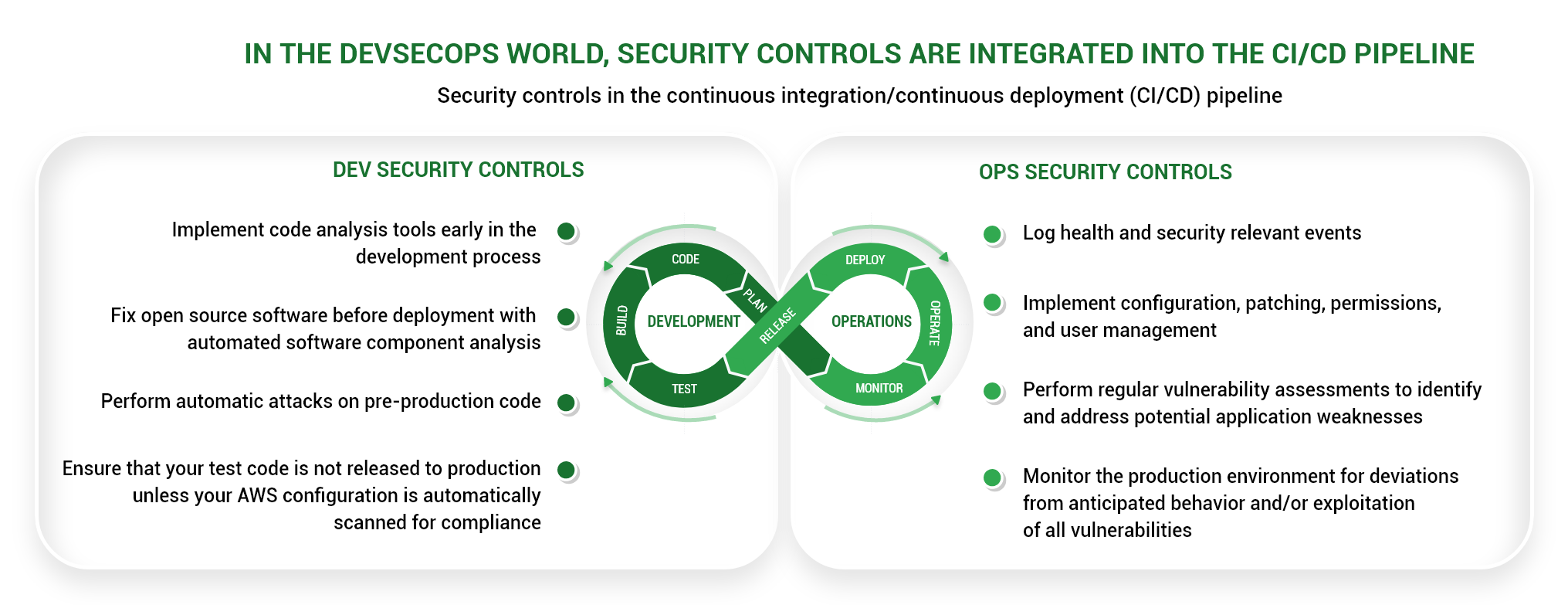
Security and DevOps must go together. The reason many organizations ignore security best practices is that it is difficult and the DevOps path can be quite challenging. This leads to issues such as initially maximizing developer productivity and then realizing that you have neglected the security of that application. Take your security seriously and take a look at DevSecOps to see if it’s right for your organization.
10. Getting fatigued while implementing DevOps
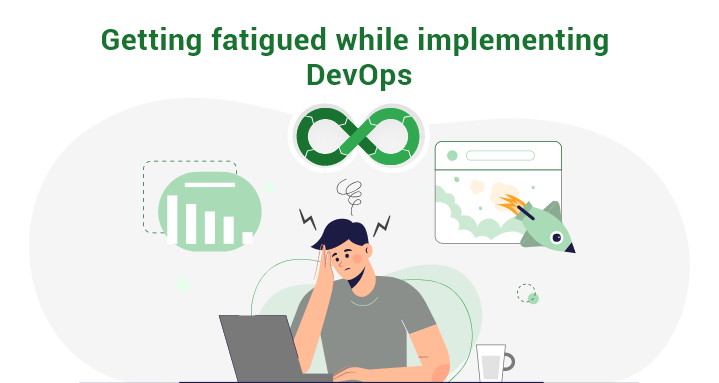
If you set up your DevOps team with the goal of moving from one product release per year to ten releases per week, you are likely to fail. Choosing custom metrics that look good in your presentation won’t motivate your team. DevOps is not just a technology movement. It’s a huge cultural upgrade.
The larger the enterprise, the longer it can take to implement DevOps practices. DevOps methodologies should be applied in a step-by-step, measurable manner and real-world results should be celebrated as milestones. Schedule sufficient breaks before training your staff and starting the early phases of deploying your application. Your first DevOps pipeline can be slow. This is what continuous improvement looks like in real life.
The bottom line
Organizations are now rapidly moving to DevOps to compete and thrive, but these efforts often fail to bear fruit. Successful DevOps implementation requires an organizational shift in thought process and culture. To ensure your DevOps are a resounding success, implementation of optimal CI/CD (continuous integration/continuous delivery) practices is mandatory. By following the best practices in CI/CD, you will be able to deploy the software quickly and efficiently, while facilitating an effective and faster got-to-market process by delivering a continuous flow of code into production and fixing bugs using the most efficient delivery method.



